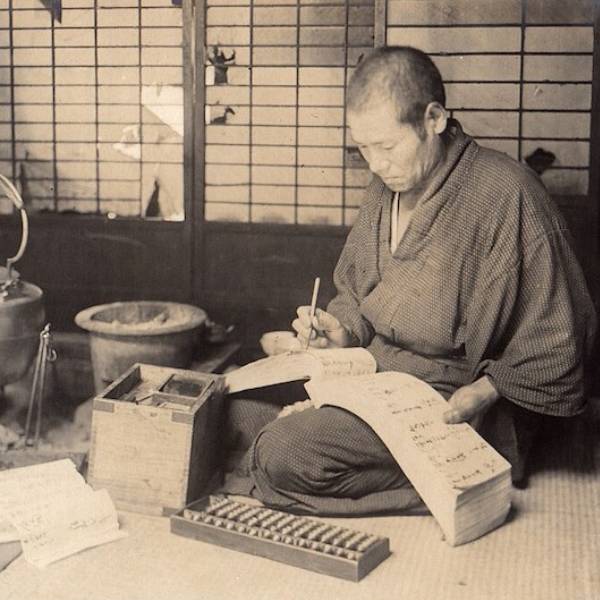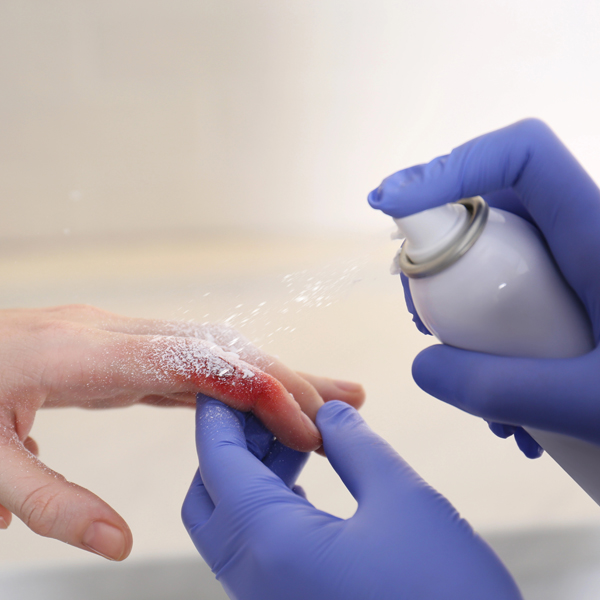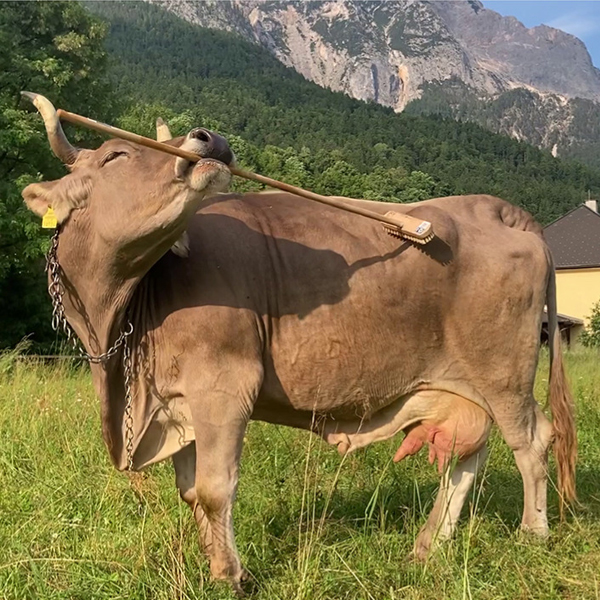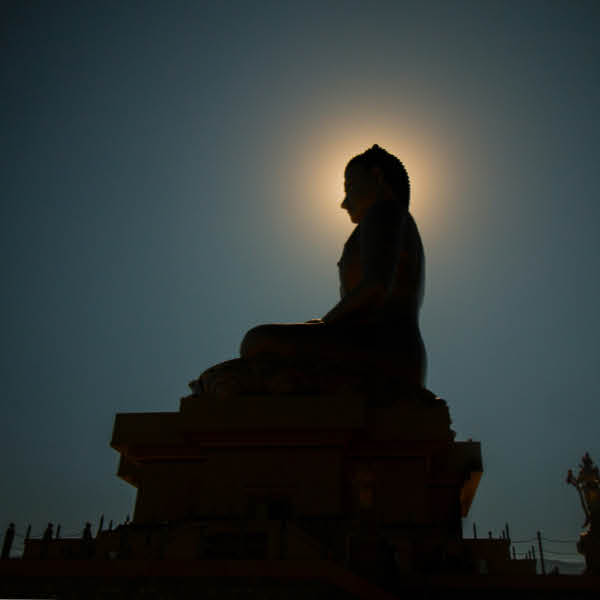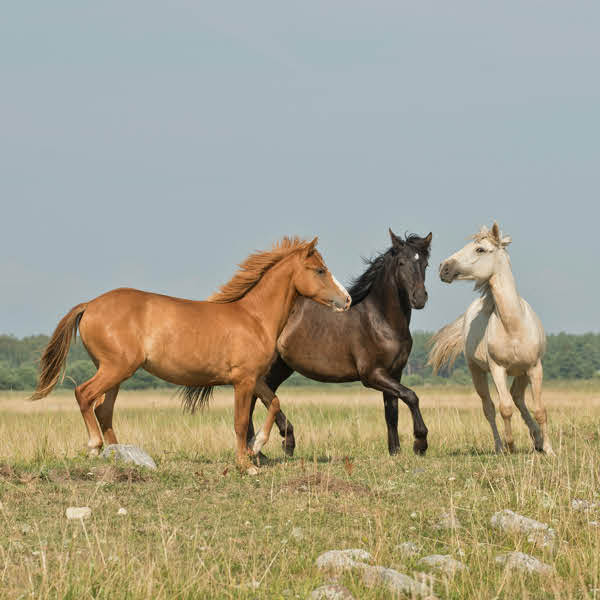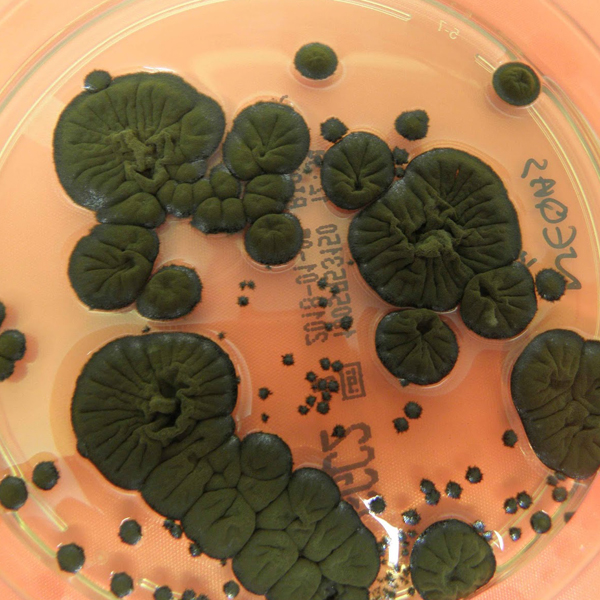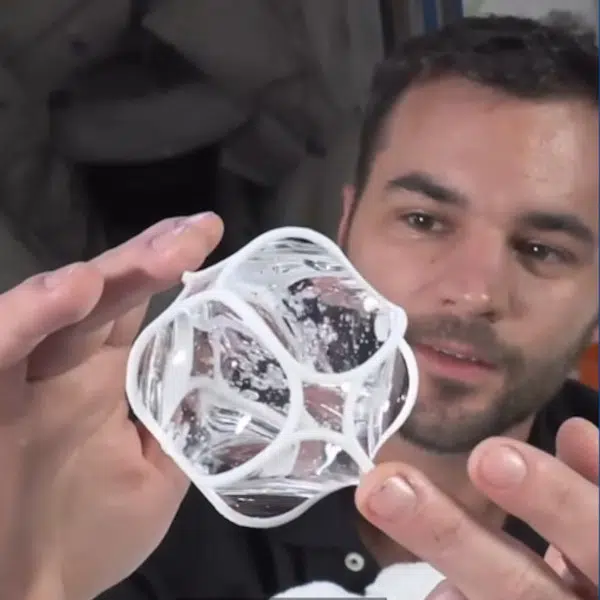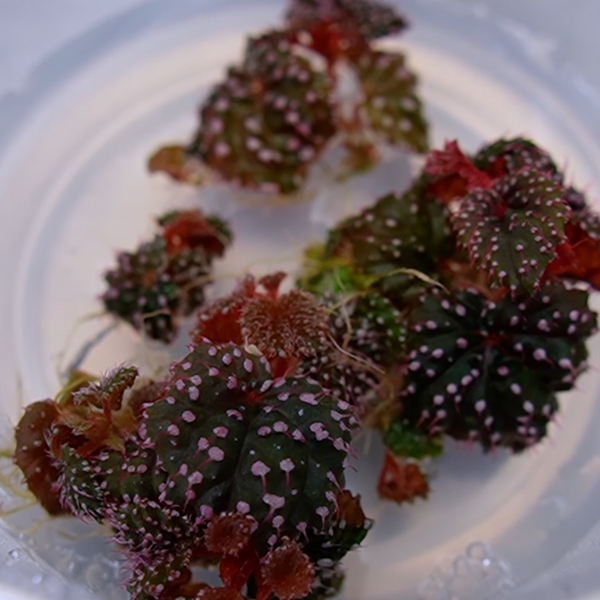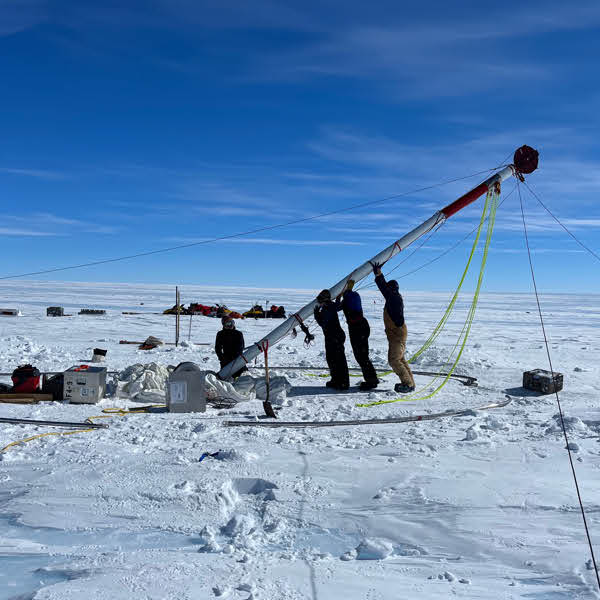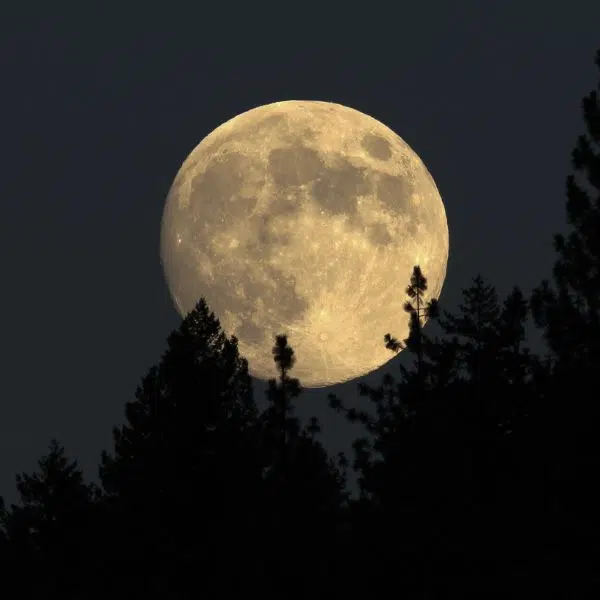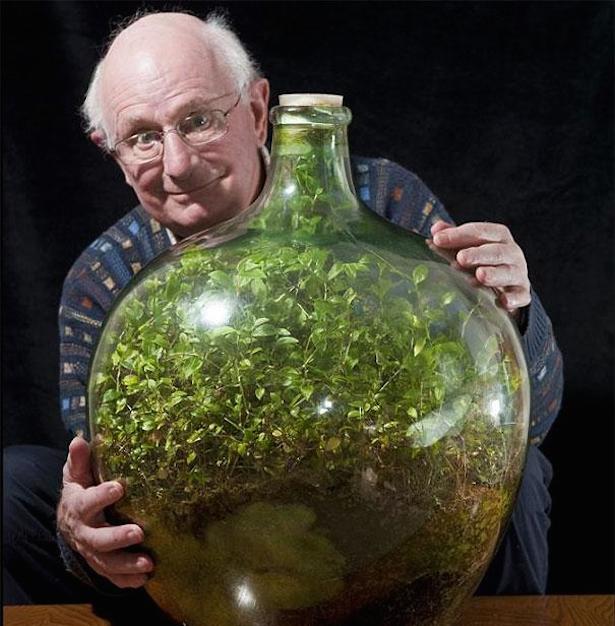
When David Latimer planted a seed in a glass bottle on Easter Sunday of 1960 out of pure curiosity, he had no idea that it would flourish into a mass of greenery that would thrive untouched for several decades. Now, over half a century later, the sealed bottle garden is still growing as vigorously as ever, filling the bottle entirely with lush plant life, despite the fact that the last time Latimer watered it was in 1972.
After initially pouring some compost into the globular bottle, Latimer used a wire to carefully lower in a spiderworts seeding, and then added a pint of water to the mix. The bottle was sealed and placed in a sunny corner, and the magic of photosynthesis took over from there. Besides a single watering in 1972, the bottle garden has been completely cut off from fresh water and air, but still managed to form its own self-sufficient ecosystem. Through photosynthesis, plants acquire the energy needed to grow by absorbing sunlight. Oxygen and moisture in the air are also created in the process; the moisture builds up inside the bottle and “rains” back down on the plants. Leaves that fall to the bottom of the bottle rot and produce the carbon dioxide needed for photosynthesis and nutrition.
It's astonishing that, with just a little bit of sunlight, the plants can flourish even in this unique environment, successfully creating a micro version of the Earth in a bottle. Latimer, who is now 80 years old, hopes to pass on this ongoing experiment to his grown children when he is gone.
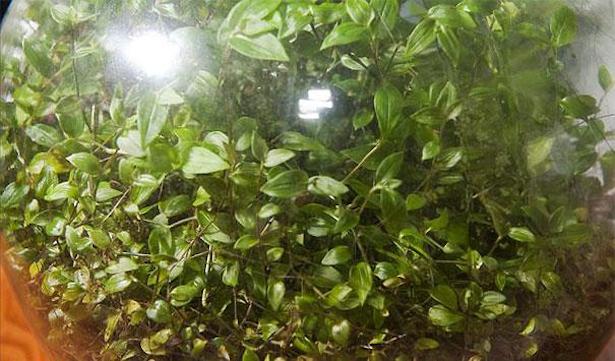
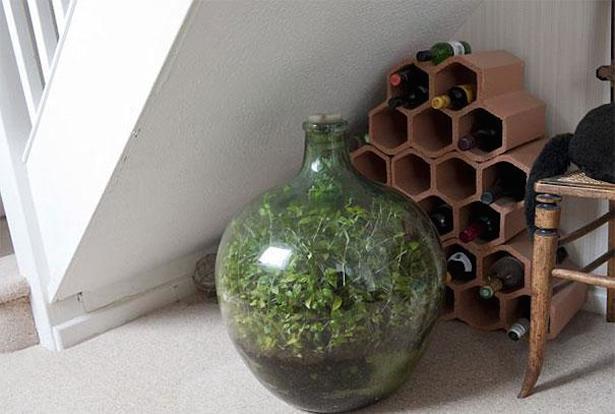
via [Twisted Sifter, Daily Mail, Bored Panda]











































































